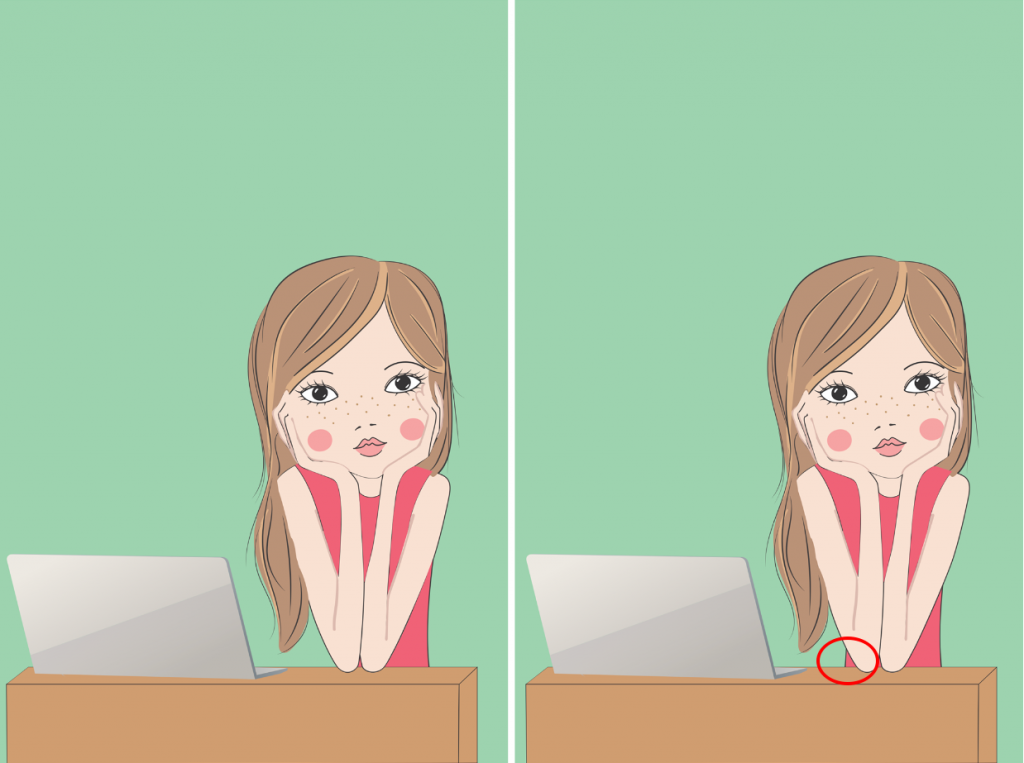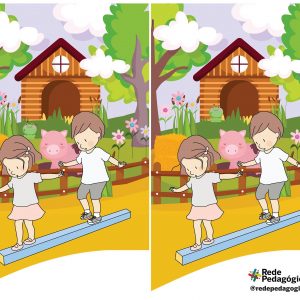The Art of Combatting Boredom: How to Stay Engaged and Inspired
Boredom, while often dismissed as a simple state of mind, is something that almost everyone experiences from time to time. Whether you’re sitting at your desk, staring blankly at a computer screen, or in a situation that just doesn’t seem to spark your interest, it can be a challenge to break free from that sense of mental stagnation. But here’s the thing: boredom is a signal. It’s a cue from your brain that it needs something more—something stimulating, motivating, or even just a change of pace. In this article, we’ll explore practical strategies to combat boredom and stay engaged in both work and life.

Understanding Boredom: Why Does It Happen?
Boredom often strikes when we find ourselves disengaged from our surroundings, whether at work, school, or even at home. It arises from a lack of novelty, challenge, or interest in what we’re doing. This feeling isn’t just about “having nothing to do”; it’s a mental state where we feel disconnected from the task at hand. But why does it happen?
The Psychology of Boredom
From a psychological perspective, boredom is related to the brain’s need for stimulation. When tasks become monotonous or we are not challenged enough, our brain craves something more exciting or meaningful. If you’re sitting at a desk, staring at your screen, and the clock ticks slowly, it’s because your mind is hungry for a change, a task that draws you in and makes you feel productive and motivated.
The Impact of Boredom on Mental Health
Surprisingly, boredom isn’t just an inconvenience—it can affect your mental well-being if it’s not addressed. Chronic boredom can lead to feelings of frustration, anxiety, or even depression, especially when it’s accompanied by a lack of fulfillment or direction. In fact, studies have shown that a constant state of boredom can increase stress levels and lower your overall mood.
Boredom and Emotional Well-Being
Emotions such as anxiety and frustration can easily stem from boredom, particularly if you’re caught in a routine that doesn’t excite you. Over time, if you’re unable to break free from this cycle, it can create a persistent sense of dissatisfaction with your life. Recognizing boredom as a cue to seek something new or more engaging can help combat these negative emotions and boost your mood.

Practical Ways to Overcome Boredom
Now that we understand why boredom happens and its potential impact, let’s dive into strategies that can help you break free from this mental rut and stay engaged and inspired.
1. Change Your Environment
Sometimes, all it takes is a slight change in your surroundings to spark creativity and energy. If you’re feeling bored while sitting at your desk, try rearranging your workspace, stepping outside for a walk, or even changing your environment completely. A change of scenery can provide fresh perspectives and increase productivity.
2. Take Breaks to Recharge
If you’re staring at your screen, feeling stuck and unproductive, it’s a sign you may need a break. Taking short, regular breaks helps to refresh your mind and reset your focus. It could be as simple as walking around the room, grabbing a cup of tea, or stretching to get the blood flowing. These little breaks can significantly reduce the mental fatigue that causes boredom and allow you to return to your tasks with a renewed sense of motivation.
3. Set New Challenges for Yourself
Sometimes, boredom happens because we’ve fallen into a routine, and our work or tasks feel repetitive. To break free from this monotony, try setting new challenges. These could be learning a new skill, tackling a more complex task, or even experimenting with a new approach to your usual work. New challenges keep your mind engaged and help push you out of the comfort zone.

Embracing Creativity as an Antidote to Boredom
Creativity is one of the most powerful tools for overcoming boredom. When we allow ourselves to think outside the box, we activate our brains and engage in new ways of thinking. Creativity can be expressed through anything—from painting, writing, and drawing, to cooking, problem-solving, or even simply finding new ways to approach your daily routine.
4. Engage in a Creative Hobby
When you’re feeling bored, turn to a hobby that engages your creativity. Whether it’s painting, knitting, writing, or playing a musical instrument, creative hobbies are excellent for sparking joy and inspiration. Taking a few moments to express yourself in a fun, light-hearted way can do wonders for your mood and energy.
5. Try Mindfulness and Meditation
Mindfulness can be a powerful tool to combat boredom, especially if it’s caused by stress or mental exhaustion. Taking a few minutes each day to meditate or practice mindfulness allows you to reset your focus and alleviate feelings of boredom. By focusing on the present moment and letting go of distractions, you can break free from the mental fog that leads to boredom.
The Role of Social Interaction in Combating Boredom
Human connection plays a vital role in overcoming boredom. Whether it’s through chatting with a friend, collaborating with a colleague, or joining a group activity, socializing can reignite your enthusiasm and help you break free from that stuck feeling.
6. Connect with Others
Even if you’re working alone, finding opportunities to interact with others can help reduce boredom. A quick chat with a friend, a brainstorming session with a colleague, or joining an online community related to your interests can provide the social connection needed to stay engaged.
7. Join a Club or Group Activity
If you’re looking for something more structured, joining a club or group activity is a great way to meet new people and break free from boredom. Whether it’s a book club, a fitness class, or a hobby group, these activities can reignite your passions and provide a sense of community that wards off boredom.

Reflecting on the Power of Variety in Our Lives
Variety truly is the spice of life. When we expose ourselves to new experiences, challenges, and people, we keep our minds sharp and avoid falling into the trap of boredom. Embracing new opportunities can create a sense of excitement and adventure, even in the most mundane situations.
8. Embrace Learning New Skills
Boredom often arises when we feel stuck in our routines. A great way to combat this is by learning something new. Enroll in an online course, pick up a new language, or start a new project that challenges you. The process of learning something new stimulates your brain and can help reignite your passion and excitement for life.

Conclusion: Break Free from Boredom and Find Inspiration
Boredom may feel like a frustrating state to be in, but it can also serve as a catalyst for growth and creativity. By recognizing when you’re bored and taking proactive steps to engage with new experiences, activities, and people, you can break free from monotony and reignite your passion. Whether it’s through a change of environment, creative hobbies, or connecting with others, boredom doesn’t have to be a negative experience. Instead, see it as an opportunity to try new things and re-energize your life.
Remember, life is full of possibilities, and sometimes a little boredom is exactly what you need to rediscover what excites you.





